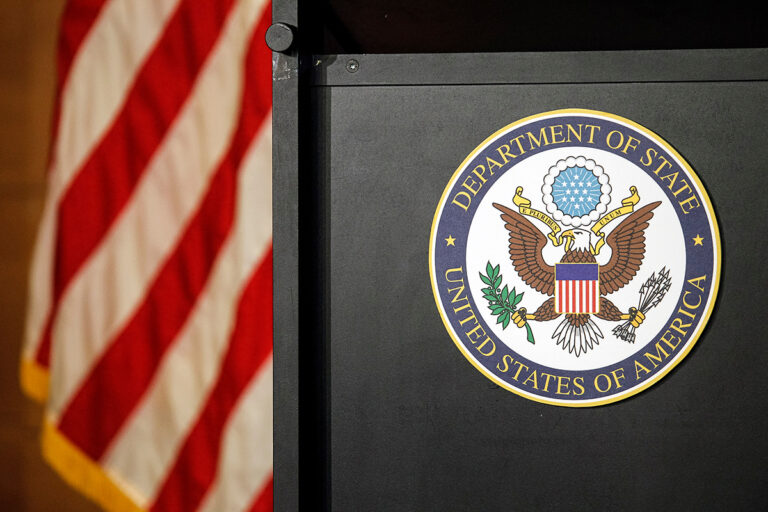The Trump administration said on Thursday it is subjecting all holders of valid US visas – more than 55 million people worldwide – to continuous checks that could trigger visa revocations and removals if new information suggests they are ineligible to enter or remain in the country.
The State Department told The Associated Press that the programme amounts to “continuous vetting” of visa holders. Indicators that could prompt action include overstaying authorised periods, criminal activity, threats to public safety and involvement in or support for terrorism. If a visa is cancelled while the holder is in the United States, the person may be placed in removal proceedings.
Officials said the effort broadens post-issuance screening that in recent months focused on students and exchange visitors. It dovetails with tighter front-end checks introduced this year, including wider use of applicants’ social media information as part of adjudications.
Separately on Thursday, Secretary of State Marco Rubio said the United States would stop issuing worker visas for commercial truck drivers with immediate effect. In a post on X, he said the “increasing number of foreign drivers operating large tractor-trailer trucks on US roads is endangering American lives and undercutting the livelihoods of American truckers”.
The State Department later said processing was being paused while it reviews “screening and vetting protocols”, calling higher standards important for road safety and a “secure, resilient supply chain”.
The administration has steadily added hurdles for visa applicants, including more in-person interviews, while stepping up scrutiny after visas are issued. Officials say post-issuance checks draw on law enforcement and immigration records and other information that comes to light after a visa is granted.
The department said reviews will encompass visa holders’ social media accounts, law-enforcement and immigration records in their home countries and any actionable violations of US law committed while in the United States. New data-collection tools are being deployed to examine past, present and future applicants, including deeper scrutiny of online activity under requirements introduced earlier this year. Consular posts have advised that some privacy settings on devices and apps may need to be disabled when applicants appear for interviews.
“As part of the Trump Administration’s commitment to protect US national security and public safety, since Inauguration Day the State Department has revoked more than twice as many visas, including nearly four times as many student visas, as during the same time period last year,” the department said.
The Department of Homeland Security counted 12.8 million lawful permanent residents (green-card holders) and 3.6 million people in the United States on temporary visas last year. The State Department’s vetting figure of 55 million indicates the sweep covers a far larger universe, including many people outside the country who hold multiple-entry visas.
Earlier this week, the State Department said it had revoked more than 6,000 student visas since January for overstays and violations of local, state and federal law, the bulk of which related to assault, driving under the influence of alcohol or drugs, and cases involving support for terrorism. About 4,000 of those revocations were for violations of law, with roughly 200 to 300 tied to terrorism-related concerns, it said.
The vast majority of foreigners seeking to visit, study or work in the United States require visas. An exception is the Visa Waiver Programme, which allows citizens of 40 mainly European and Asian countries to make short tourist or business trips without a visa for up to 90 days. Large countries including China, India, Indonesia and Russia are outside the programme, as are most African nations, meaning their citizens must apply for visas to travel to the United States.
The State Department said the stepped-up screening is time-consuming but necessary to ensure visa holders remain eligible. While the administration has prioritised removing people in the country unlawfully, the department said the broader post-issuance checks mean permissions to travel can be revisited at any time – even after a foil is stamped into a passport.








